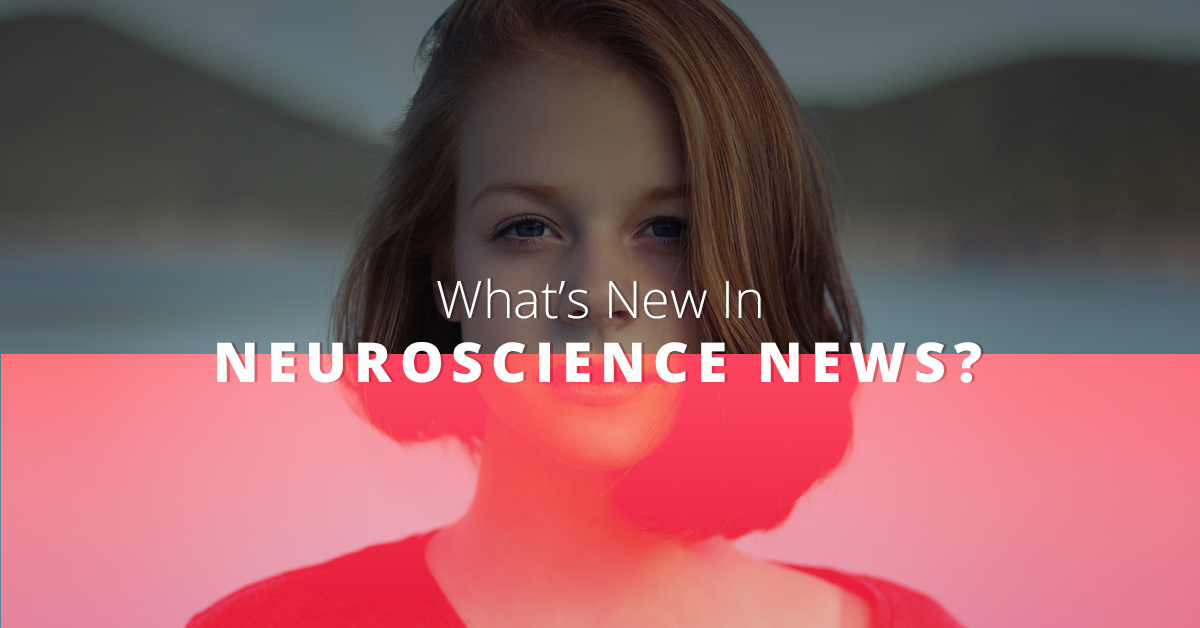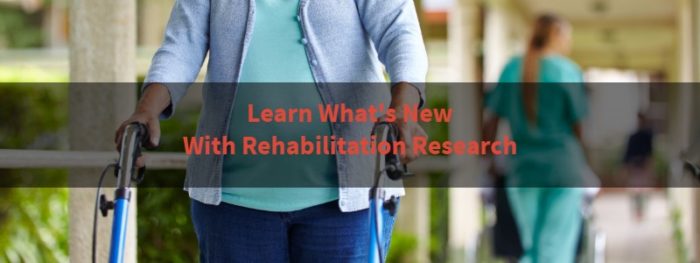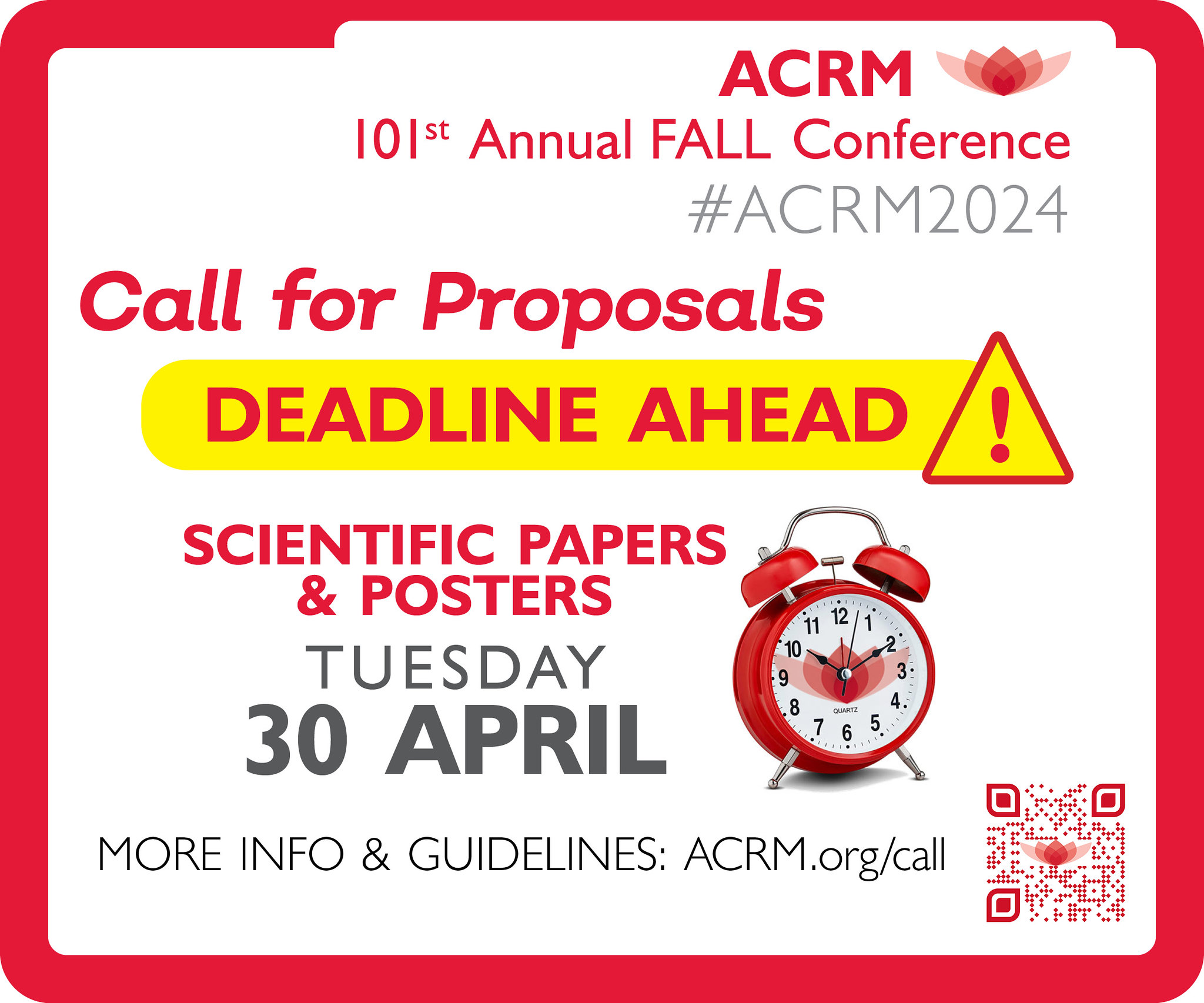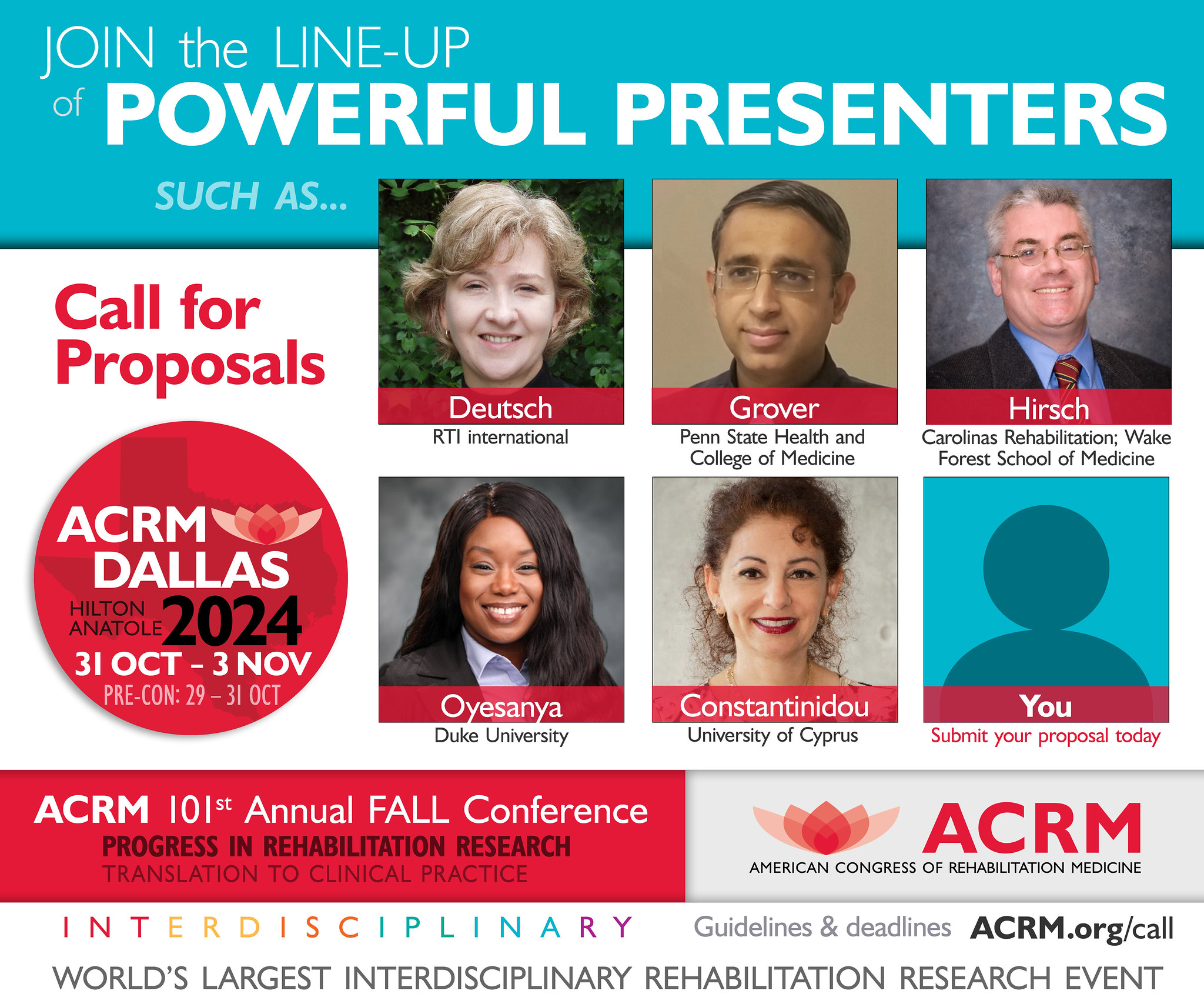Clinicians, doctors, physicians, nurses, and other health professionals rely on research that explores new methods and new possibilities to increase the knowledge of those practicing medicine. Research is shared through journals, magazines, and other outlets that are incredibly valuable to those who want to be on the cutting edge of science and medicine. Research and sharing learned knowledge is at the heart of ACRM’s goal. In order to get ready for our 2018 rehabilitation research conference, we want to share some exciting neuroscience news that researchers were working on in 2016.

Depression is a Disease, not a Mental Disorder
Originally published in the Journal of Clinical Psychiatry, researchers studied depression and how it could affect the whole organism. The study included 3,961 people and looked at the imbalance between an increase in oxidative stress and a decrease in antioxidant substances, like uric acid and zinc. The change in oxidative stress is reason to consider depression a disease rather than a mental disorder. This could explain why those who suffer from depression are more likely to develop cardiovascular diseases and cancer.

Heavy Cannabis Use Related to Reduced Dopamine Release
A study done by the Columbia University Medical Center found that long-term cannabis users had lower dopamine release in a region of the brain that helps with memory and attention. The study included 11 people who became dependant on cannabis by the age of 20 and have used the drug for seven years. Using technology that tracks dopamine receptors in the brain, participants had lower dopamine release in the striatum compared to non-users. However, researchers are not aware if decreased dopamine was a preexisting condition or if it was because of continued cannabis use.

There Are Four Basic Personality Types
Researcher Francisco Javier Alonso at the Carlos III University of Madrid found that there are four basic personality types: optimistic, pessimistic, trusting, and envious. The study consisted of 541 volunteers who responded to hundreds of social dilemmas and a computer algorithm classified the responses based on their behavior. 90 percent of the population was narrowed down to these four types.
- Envious: Those who don’t mind what happens, just that they are better than everyone else.
- Optimists: The subject and their partner will make the best choice for both of them.
- Pessimists: Selects the option that is not as bad as the other.
- Trusting: People who don’t mind if they win or lose, but who will collaborate with everyone.

Why Sugar Dependency is Hard to Break
A study done by Duke University shows that long-term sugar consumption changes the way the brain sends signals. Just like how drug dependency can cause addiction, sugar changes how our brain tells us to either pursue a reward or tells us not to. Being added to sugar actually affects the circuitry of the brain so much that researchers were able to determine if a mouse was hooked on sugar or not simply by looking at its brain. The next time you’re craving a bowl of ice cream, think about why you are craving it in the first place.

Is an Alzheimer’s Prevention Pill on the Horizon?
This study was published in the journal Neuron by scientists from Baylor College of Medicine, Texas Children’s Hospital, and Johns Hopkins University of Medicine. The scientists focused on enzymes in the brain called kinases, which cells use to regulate protein levels. One of the proteins that are involved in a person developing Alzheimer’s disease is a tau protein, that increases as the disease progresses. The scientists inhibited enzymes and could find which enzyme triggered lower levels of the tau protein. One enzyme in particular, Nuak1, was inhibited and regularly lowered the levels of the tau protein. Although there’s a lot more research still needed to develop a drug, this study is a piece of the puzzle.
Submit Your Proposal For Our Rehabilitation Research Conference
There is still time for you to submit a proposal for our 2018 rehabilitation research conference. If you are researching an area that could translate into clinical practice, we want to hear from you. We are accepting proposals in various fields, including:
- Arts and Neuroscience
- Brain Injury
- Cancer Rehabilitation
- Clinical Practice
- Complementary Integrative Rehabilitation Medicine
- Geriatric Rehabilitation
- Health Services Research
- Lifestyle Medicine
- Limb Restoration Rehabilitation (including prosthetics/orthotics)
- Measurement
- Neurodegenerative Diseases
- Neuroplasticity
- Spinal Cord Injury
- Stroke
- And more
The above neuroscience publications are just the beginning of what scientists are exploring that can have immense benefits to those with brain conditions and illnesses. But the brain isn’t the only thing that we’re interested in. If you are researching geriatric medicine, spinal cord injuries, cancer rehabilitation, or many others, we want you to share your knowledge with the doctors and nurses who will be attending our conference.
Our hope is that through rehabilitation medicine, we can offer patients hope of leading a high-quality life. Share your research and knowledge, and meet others who are interested in the same innovations rehabilitation research medicine has to offer.











